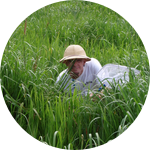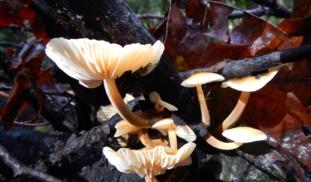Please wait...
About This Project
The Precautionary Group
Toxic sewage sludge disposed in forests generally kills most fungi. However, some toxin-tolerant fungi appear to use sludge-originated toxins and their degradation products as substrate for the synthesis of new compounds that may function as antimicrobial agents. Our project seeks to identify specific toxins in sewage sludge that incite fungi to synthesize novel antimicrobial agents representing a new class of antibiotic products for the treatment of antibiotic-resistant infections.
More Lab Notes From This Project

Browse Other Projects on Experiment
Related Projects
Biomapping of Tree-based Atmospheric Methane Removal (TAMR) for Technological Development
Tree surfaces can be an effective approach for AMR, although foundational information is lacking. Here...
Mercury is in our fog, so what about our food?
Near-toxic levels of mercury were recently discovered in the fur of mountain lions in the mountains of coastal...
Can brown rot and white rot fungi work together to clean up spilled diesel?
Mycoremediation is a form of bioremediation that uses fungi to clean up contaminated sites. Brown rot and...


